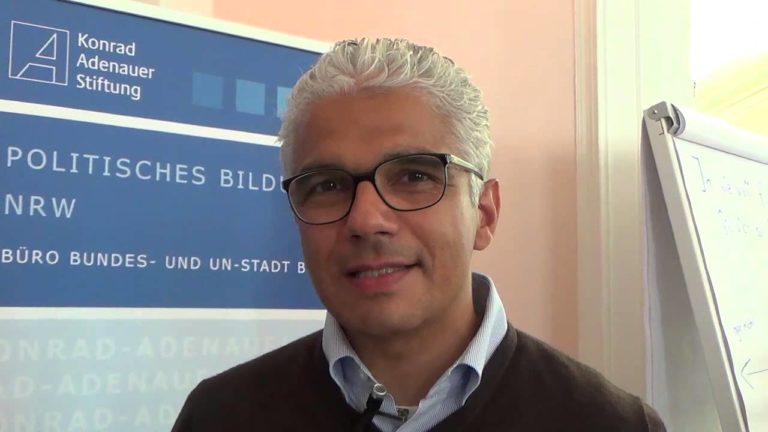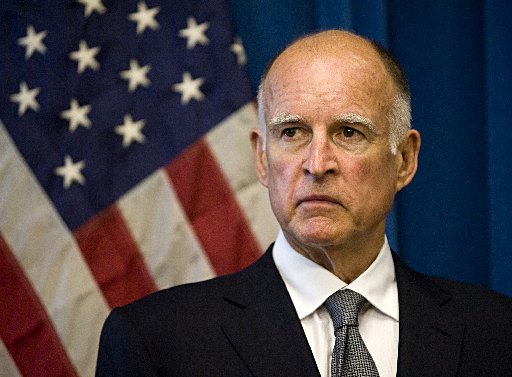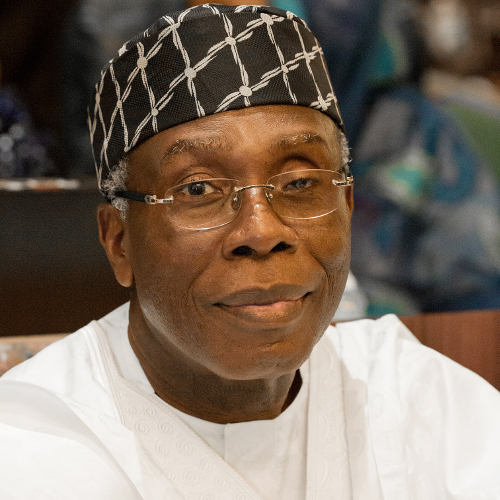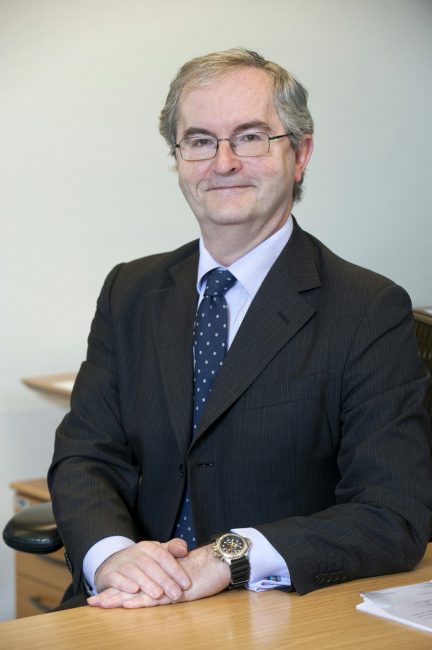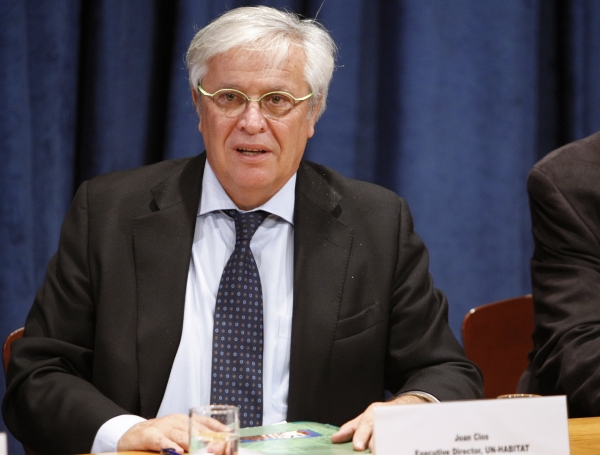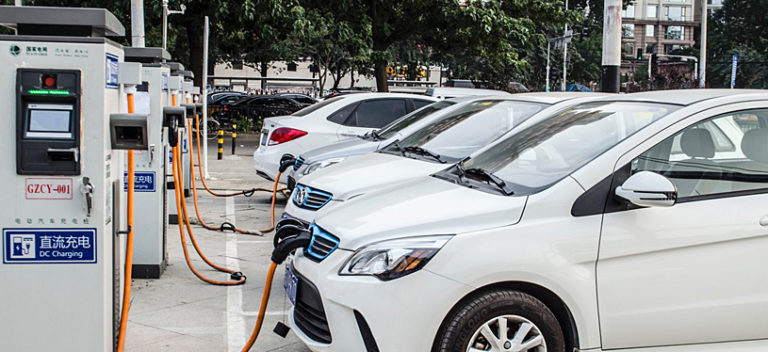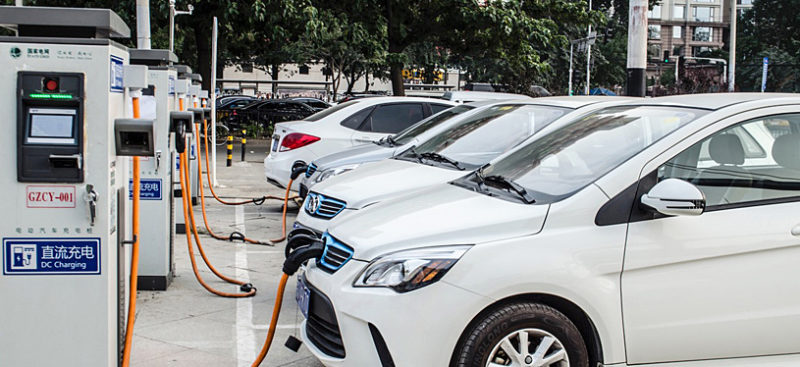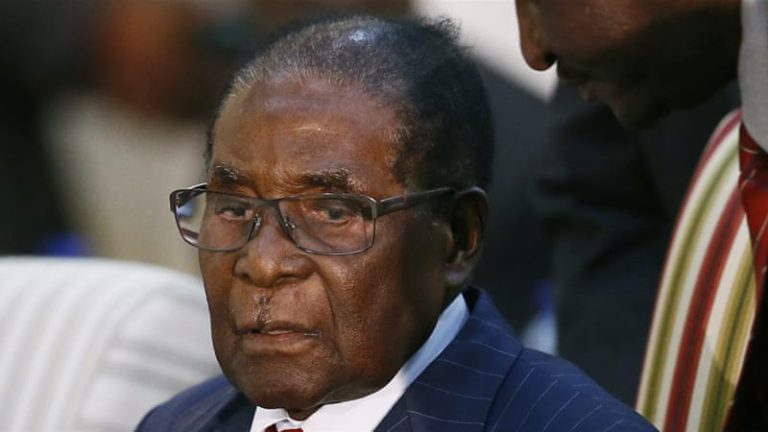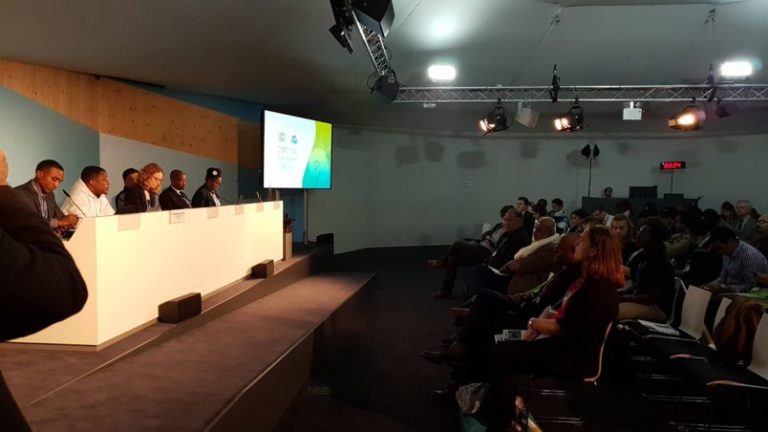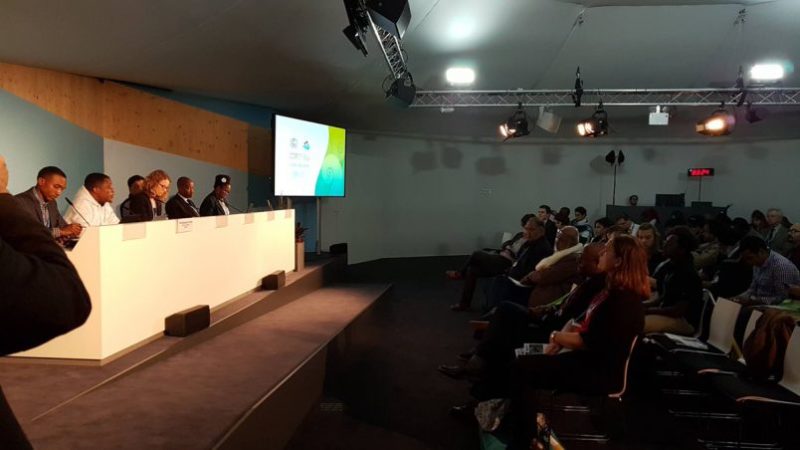Local and regional leaders from around the world signed the Bonn-Fiji Commitment on Sunday, November 12, 2017 at the UN Climate Change Conference summit (COP23) in the bid to take further, faster action to deliver the Paris Agreement at all levels of government.
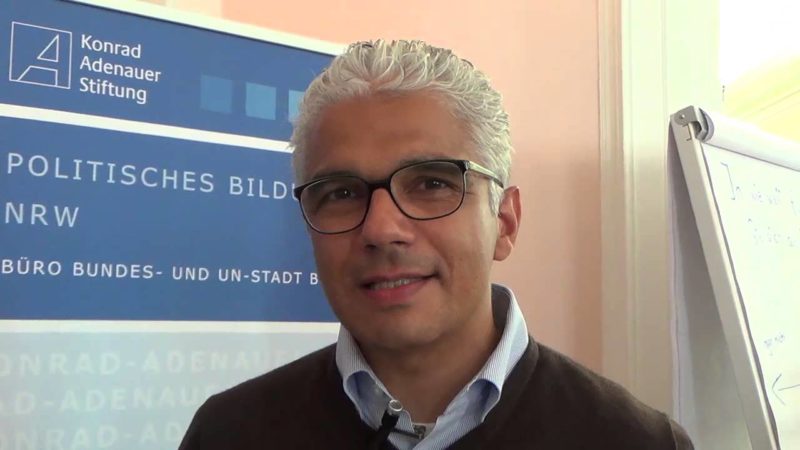
With more than half the global population living in cities and expected to approach two thirds by 2050, the Bonn-Fiji Commitment of Local and Regional Leaders to deliver the Paris Agreement pushes forward efforts to advance sustainable urban development as an integral part of urgent global climate action and the inter-linked goals of the 2030 Agenda for Sustainable Development.
This is particularly focused around Sustainable Development Goal 11 – to make cities and human settlements inclusive, safe, resilient and sustainable.
“City and regional governments are pushing ahead, with an acute sense of their role in building a resilient, low carbon society,” said Ashok Sridharan, Lord Mayor of Bonn, Germany and First Vice President of ICLEI – Local Governments for Sustainability. “Urban areas will play an influential role in the course of global development. By making urban sustainability a core part of national climate action, countries will be in a better position to meet and exceed their national climate goals.”
The commitment encompasses 19 initiatives, including The European Covenant of Mayors and Compact of Mayors joining forces to create the Global Covenant of Mayors for Climate & Energy – the largest coalition of over 7,400 cities from six continents and 121 countries to reduce emissions and make societies and economies resilient to climate change.
Cities are responsible for as much as 70 percent of greenhouse gas emissions from fossil fuels used for energy and transport, and 13 percentof the global urban population lives in vulnerable low-elevation coastal areas.
As of today, more than 1,000 local and regional governments from 86 countries, representing over 800 million people, have reported emissions reduction targets on the carbonn Climate Registry, which, once achieved, would result in a reduction of 5.6 gigatons of CO2 equivalent (GtCO2e) by 2020 and 26.8 GtCO2e by 2050.
Additionally, the aggregated impact of cities and local governments under the Global Covenant of Mayors for Climate & Energy (GCoM), an initiative served by the registry and two other reporting platforms, could collectively achieve a cumulative total reduction of 15.64 GtCO2e between 2010 and 2030.
Nevertheless, there are still gaps in the regulatory and financial mechanisms needed to scale up sustainable urban development.
City governments often have limited control over sectors such as energy, transport and finance, which directly and indirectly affect urban development, while only about a quarter of countries have national urban policies.
Additionally, city access to finance has thus far been limited, despite the high demand for low carbon, resilient infrastructure.
The Urban Climate Change research network says an estimated 80 percent of the costs of adapting to climate change are needed in urban areas. But much of the estimated $80 to $100 billion financing needed per year remains inaccessible to city governments and there is also a lack of bankable local projects reaching investors.
“To quickly accelerate sustainable, resilient urban development, we need a new framework of cooperation among national, regional and local governments,” said Dr Joan Clos, Executive Director of UN-Habitat. “Cities can play a greater role in renewable energy generation sector, not only as advocates and mobilisers but as energy generators, now that the capital investment and prize for renewable energy is affordable for cities in comparison with the past. Cities can become carbon neutral in municipal energy requirements, like public lighting, public transport, sewage and waste management.”
Cities and regions have not been alone in rallying behind urban action. The Climate Summit of Local and Regional Leaders, hosted by the City of Bonn and the State of North Rhine-Westphalia, and the Marrakech Partnership Global Climate Action Agenda SDG 11 Day featured ministers and business leaders alongside mayors and city representatives.
Coming out of Bonn is plenty of evidence that cities and regions are self-organising and forging partnerships to bring forward local action.
The key commitments to urban action in the Bonn-Fiji Commitment are as follows:
- The European Covenant of Mayors and Compact of Mayors have joined forces to create the Global Covenant of Mayors for Climate & Energy, the largest global coalition of over 7,400 cities from six continents and 121 countries advancing city-level transitions to low emission and climate resilient economies through voluntary action.
- The Urban Leadership Council – a group of representatives from city networks, urban think tanks, and the private sector launches today, aiming to build high-level political commitment to sustainable urban development in rapidly urbanising countries and provide guidance to the Coalition for Urban Transitions, an initiative overseen by C40, the WRI Ross Centre for Sustainable Cities and the New Climate Economy.
- R20 and Blue Orchard Finance have created the African Sub-national Climate Fund to bridge the gap between infrastructure demands and the low number of bankable projects reaching investors, by providing ready-to-invest projects and funds to support the implementation of at least 100 infrastructure projects by 2020.
- ICLEI and GLISPA are launching Front-Line Cities and Islands, a coalition of coastal cities and islands on the front lines of climate change, working to build resilience across small islands through coastal city-to-island partnerships.
- RegionsAdapt led by nrg4sd is pushing ahead as the first global initiative for regional governments to take concrete action, cooperate and report efforts on climate adaptation.
- The West African Economic and Monetary Union (WAEMU) and FMDV are launching the WAEMU Regional Partnership for Localising Finance to advocate fiscal decentralisation and innovative financing strategies and mechanisms.
- The City Climate Planner program from WRI, GBCI and ICLEI will raise the global talent base of city climate planning professionals through training and professional certifications.
- PLATFORMA is the pan-European coalition representing over 100,000 local and regional governments from Europe that engage in international action. PLATFORMA is a political voice that monitors and informs European Union development policies and that has a specific focus on partnerships for climate action.
- The Covenant of Mayors in Sub-Saharan Africa (CoM SSA), a regional body of the Global Covenant of Mayors for Climate & Energy, is opening the door for more Sub-Saharan cities to join efforts to expand access to sustainable and efficient energy services.
- BMZ, the German Federal Ministry for Economic Development and Cooperation, has launched the Green People’s Energy for Africa to decarbonise the African energy sector. BMZ is also convening leading institutions under the Transformative Urban Mobility Initiative (TUMI) to support the construction and expansion of sustainable mobility systems in developing and newly industrialised countries.
- Climate Chance is mobilising African cities and regions to advance implementation of the Paris Agreement.
- DST, the Association of Germany Cities, is developing Sustainable Development Goal indicators for German municipalities to ensure they can align with and track progress towards global targets.
- ICLEI is launching the Urban Transitions Alliance, a group of industrial and former industrial cities making a transition to become global leaders in sustainable urban development. ICLEI and the NDC Partnership are now working together to design, implement and align climate action strategies across all levels of governments.
- The SuRe Standard, developed by the Global Infrastructure Basel (GIB) Foundation is being launched to strengthen sustainable and resilient infrastructure development by guiding project owners in accounting for social, environment and governance criteria, while enabling them to communicate benefits to potential investors.
- The One Planet City Challenge, an initiative of WWF and ICLEI, combines a friendly biannual competition, capacity building, technical support and public promotion, provides a way for cities to engage in long term reporting of their climate performance.
- The Climate Reporting Partnership brings together CDP and the ICLEI carbonn Climate Registry, two of the leading climate reporting platforms in the world, in an effort to build a robust database of self-reported climate commitments, actions and performance tracking by public and private actors.
- Planners for Climate Action, from UN-Habitat, helps ensure urban and regional planners can play a strong role in advancing global climate and sustainability goals. To this end, the initiative will improve urban and regional planning practice and planning education.

